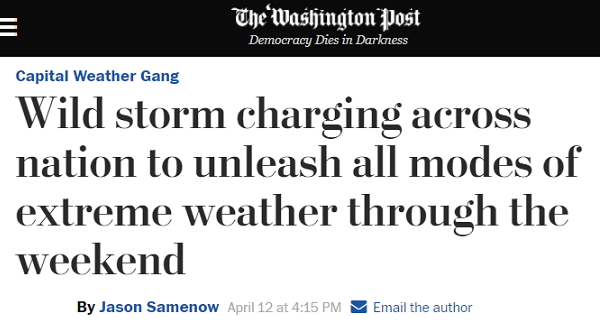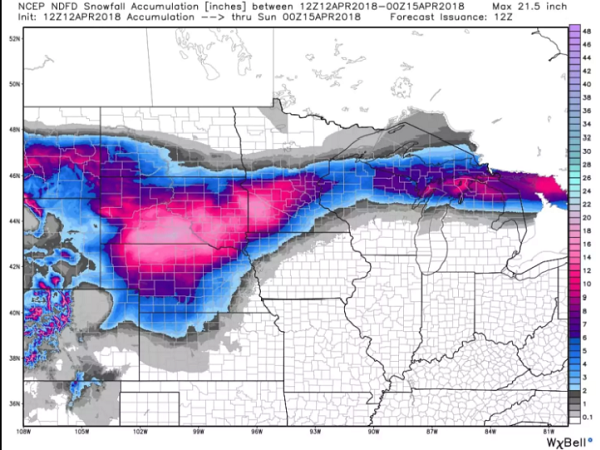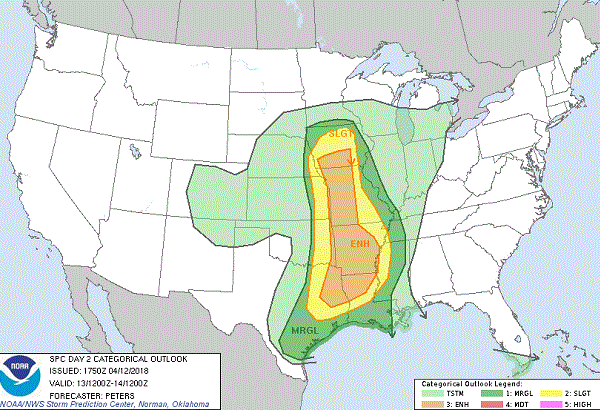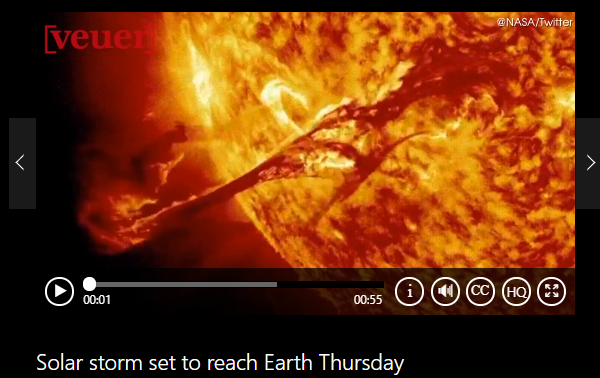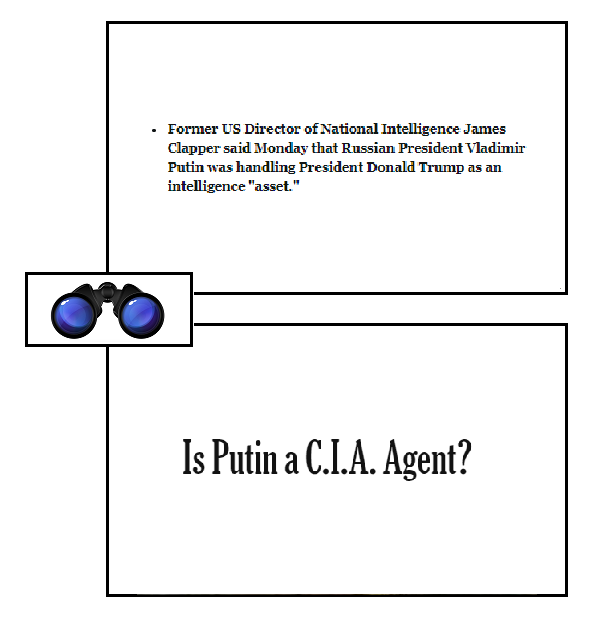[ by Charles Cameron — a repeatable dream back then, alas no longer ]
.
What happens, in other words, when imagination enters factual reality?
**
This doesn’t, as far as I can tell, heppen only in Christianity — Henry Corbin’s book, Creative Imagination in the Sufism of Ibn ‘Arabi, if I read it right, narrates an apparition of Beauty in the life of the Sufi known to Islam as the Sheikh al-Akbar, the Greatest Sheikh.
In India I was taught that Valmiki wrote the Ramayana, and Vishnu liked it so well he took the avatar-form of Rama to live out the epid in Valmiki’s honor, amybe 10,000 years later, every last detail correct.
Folklore, no doubt?
I have my own experiences.
**
When I was about eight or so, I had a recurring dream, in which I was walking in the (grassy) English countryside, and a series of holes began opening in the earth around and in front of me. They were roughly manhole-sized holes, and after I had avoided a couple of them, I fell down one of them, much like Alice.
I found myself in Hell. To be precise, I was in a sort of stable with a number of stalls off a corridor that linked them — with fires burning in the stalls. Someone tried to throw me on one of the fires, and I objected, telling them I was a friend of the management — so they went off someplace to check.
When they came back, they told me that I did in fact have the freedom of the whole place — and indicated to me that besides the stables with their fires, there were two further rooms, one of which was a vast granary filled with silver corn, the other a granary of golden corn.
I would wake up as I moved through those two other rooms — and if I woke without having had this dream, I would frequently burrow back under my sheets and covers and demand it. And it would come.
The dream gave me a distinct sense that I need “fear no evil” — that hell could not in the final analysis touch me. This was its gift to me at the time, and I find it amazing that this particular gift was engraven in my dreaming consciousness maybe thirty or more times over a period of a few impressionable years…
It also told me that I was a citizen of the two realms represented by the granaries of silver and golden corn. I take them to be lunar and solar granaries, and equate them with the realms of poetry and mysticism, respectively: or one might think of them as savikalpa and nirvikalpa, via positiva and via negativa, Broceliande and Jerusalem, the imaginal and the radiant.
It was also clear that all three realms belonged to that same “management” whose friendship I had claimed, and which allowed me the freedom of the three realms. I understood on reading Dante (and remembering the dream after a lapse of years) that all three realms are realms of the divine love.
So in some very real and important sense, the seeds were never mine…
**
Well, that’s pure dream, with its waking content a way of moving through this world.
